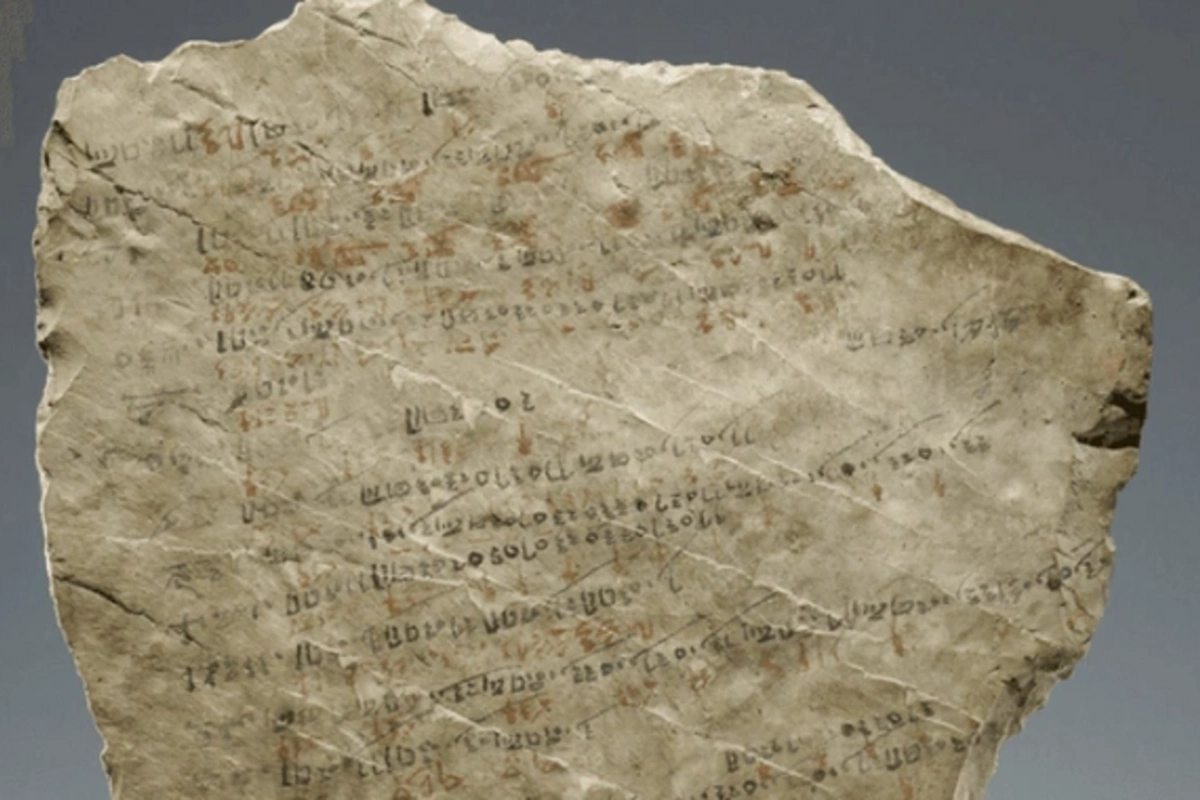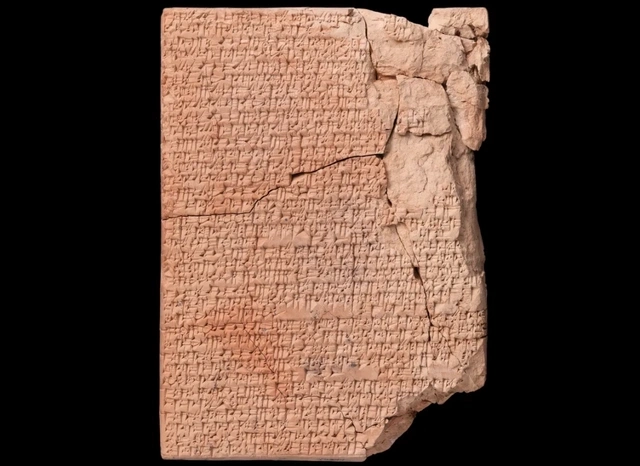24 Apr , 06:27 2025
2

SENSATIONAL DISCOVERY: ARCHAEOLOGISTS REVEALED THE SECRETS OF ANCIENT MESOPOTAMIAN CULINARY RECIPES
Archaeologists have made an amazing discovery that sheds light on the gastronomic secrets of one of the cradles of human civilization. Four clay tablets nearly 4,000 years old turned out to be the world's oldest cookbook, keeping its secrets for millennia, reports TUT.AZ with reference to Live Science.
For centuries, culinary art was transmitted primarily orally, leaving historians only indirect evidence - charred grains on pottery, remains of ancient flatbreads, and vessels for brewing beer. However, unique artifacts discovered in the territory of modern Iraq and dating back to approximately 1730 BCE have changed scientists' understanding of ancient culinary traditions.

The history of deciphering these tablets, stored at Yale University, resembles a detective novel. Back in 1945, researcher Mary Hussey suggested that the mysterious inscriptions might contain recipes, but the scientific community rejected this hypothesis. Only in the 1980s did French archaeologist Jean Bottéro confirm the culinary nature of the texts, although he doubted the edibility of the described dishes.
The real breakthrough happened quite recently, when Gojko Barjamovic from Yale University, together with colleagues from Harvard, not only deciphered the ancient recipes but also recreated some of the dishes. "Cooking is one of those silent technologies that was traditionally passed on informally, especially among women. That's why archaeologists long did not believe in the possibility of such written artifacts existing," Barjamovic explained.
The ancient culinary records differ dramatically from modern cookbooks. They describe various stews - both vegetarian and meat-based, predominantly using lamb. Among the ingredients are quite exotic components: animal blood, cooked rodents, and even a pie filled with songbird meat.
Surprisingly, the structure of many dishes echoes modern Iraqi cuisine, including such familiar ingredients as green wheat, cilantro, and leeks. Unlike modern recipes with precise proportions, the ancient instructions are extremely laconic. For example, one recipe states: "Use meat. Prepare water. Add fine salt, dried barley cakes, onions, Persian shallots, and milk. Mince and add leeks and garlic."
Deciphering the ancient texts was complicated not only by their brevity but also by the fact that some records might combine culinary recipes with medical or ritual practices. Many terms have either lost their meaning or refer to products that have long disappeared.
Despite all the difficulties, this discovery has become a real breakthrough in studying the daily life of ancient Mesopotamians. The deciphered tablets not only enrich our knowledge about the history of cooking but also demonstrate the amazing continuity of gastronomic traditions that have been preserved for millennia.